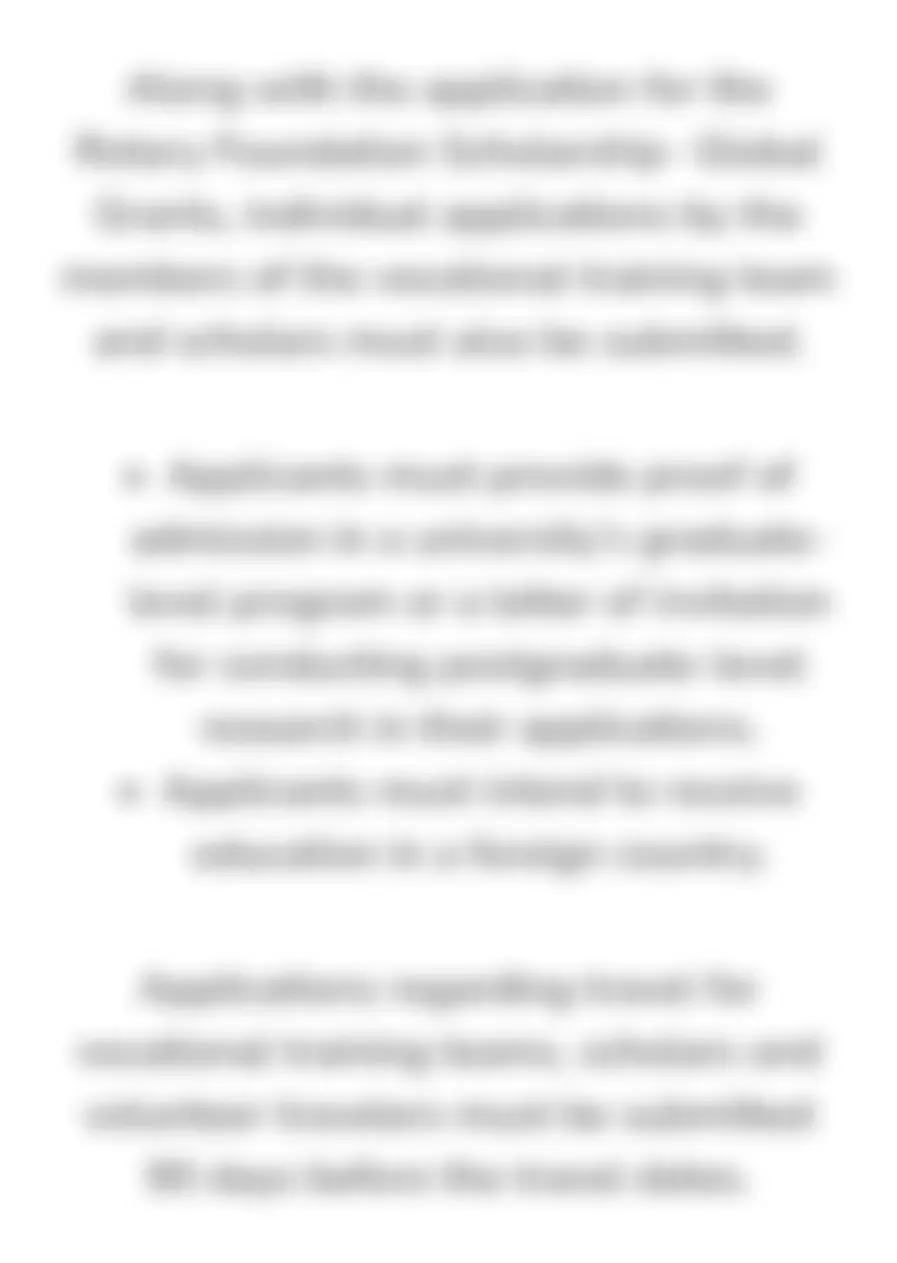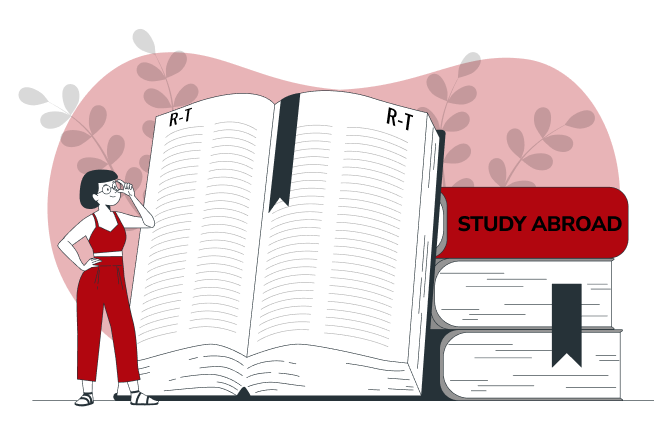QS Rank:

46

The University of British Columbia, Vancouver

British Columbia
,Canada

Program Name
MEng in Biomedical Engineering
Overview
The MEng in Biomedical Engineering at The University of British Columbia, Vancouver is designed to equip students with the essential knowledge and skills required to thrive in the rapidly evolving field of biomedical engineering. This Master's program provides a rigorous curriculum that delves into the intersection of engineering and medicine, where students can explore innovative solutions to pressing healthcare challenges. With a focus on problem-solving and practical applications, students will engage in hands-on learning experiences that prepare them for real-world situations in the healthcare industry.
The program’s curriculum is meticulously crafted to cover a broad range of topics, including but not limited to, biomechanics, biomaterials, medical imaging, and systems biology. Core courses such as Biomechanics, Biomedical Instrumentation, and Regulatory Affairs in Medical Devices form the backbone of the curriculum. Elective courses allow students to tailor their education to their specific interests, whether it be in tissue engineering or the development of medical devices. This comprehensive approach ensures that graduates possess a well-rounded skill set that is highly sought after in the biomedical engineering sector.
Faculty expertise is one of the program's standout features. The instructors are not only highly qualified but also actively engaged in cutting-edge research within their fields. Many faculty members have strong ties to the industry, providing students with invaluable insights and networking opportunities. This expert guidance fosters a learning environment where innovation thrives, encouraging students to think critically and creatively about engineering challenges. Collaborative projects and research opportunities with faculty members are integral components of the learning experience, allowing students to gain practical knowledge and contribute to meaningful projects in biomedical engineering.
Research plays a pivotal role in the MEng in Biomedical Engineering program. The University of British Columbia is home to state-of-the-art research facilities and labs, where students can immerse themselves in ongoing projects and explore new ideas. These resources support a diverse range of research initiatives, from advancing medical imaging techniques to developing novel biomaterials that can be used in regenerative medicine. Students are encouraged to participate in research conferences and publish their findings, enhancing their academic profiles and preparing them for future careers.
Opportunities for internships and industry collaborations are abundant. The program’s strong connections with leading healthcare organizations and biotechnology firms facilitate student placements in internships that provide practical experience in the field. These internships often lead to employment opportunities post-graduation, with the average base salary for graduates around CAD 84,300 per year. Alumni of the program have successfully taken on roles such as Biomedical Engineers, Medical Device Engineers, and Clinical Research Associates, showcasing the program's effectiveness in preparing students for lucrative careers.
Additionally, the success stories of the alumni further emphasize the program's effectiveness. Graduates have gone on to work for renowned organizations such as Siemens Healthineers, Medtronic, and various healthcare startups. Testimonials from former students highlight the transformative impact of the program on their careers, underscoring the operational knowledge and technical skills they acquired. This strong alumni network not only supports current students but also enhances the program's reputation in the industry.
Why Study Biomedical Engineering at The University of British Columbia, Vancouver
- A globally recognized program, consistently ranked among the top universities, ensuring high academic standards and prestige.
- A diverse and inclusive community with a significant percentage of international students, enriching the learning environment.
- Access to high-end labs and facilities designed specifically for biomedical research, fostering innovation and practical learning.
- Robust internship and placement programs that connect students with leading companies in the biomedical field.
- Opportunities to work closely with esteemed faculty members who are leaders in their fields, enhancing mentorship and research prospects.
- Comprehensive support services for international students, ensuring a smooth transition and successful academic experience.
Admission to the MEng in Biomedical Engineering requires a Bachelor’s degree in engineering, science, or a closely related field. Additionally, applicants are expected to submit a transcript, a resume, and letters of recommendation that highlight their academic and professional accomplishments. English proficiency tests such as IELTS (minimum score of 6.5), TOEFL (minimum score of 90), or PTE (minimum score of 65) are mandatory for non-native speakers. These requirements ensure that students possess the foundational knowledge and skills needed to succeed in this rigorous graduate program.
Overall, the MEng in Biomedical Engineering at The University of British Columbia, Vancouver offers an unparalleled educational experience that equips students with the skills, knowledge, and industry connections necessary to excel in the biomedical engineering field. With a commitment to excellence in education, research, and community engagement, this program stands out as a premier choice for aspiring biomedical engineers.

Duration
12 Months

Median Salary
$81,000
Ranking

#46
QS World University Rankings
Class Profile


Want to Know More? 🤔
Sign up now to access detailed information tailored for your study abroad journey.
Start your journeyCareer Outcomes

Median Earnings After Graduation
$81,000 / year
Prospective Job Roles
Product Manager
Biomedical Engineer
Medical Device Engineer
Clinical Research Associate
Research Scientist
Healthcare Consultant
Medical Writer
Quality Engineer
Sales Engineer
Clinical Engineer
Top recruiters









Eligibility Criteria
English Proficiency Tests
IELTS
6.5

TOEFL
90

PTE
65

Application Requirements
Here's everything you need to know to ensure a complete and competitive application—covering the key documents and criteria for a successful submission.

Transcript

Academic LOR

Resume
Application Deadlines
Fees and Funding

Tuition Fees
$22,774 / year
Funding Options
External Sources - Scholarships
Department Funding
Scholarships

UBC Graduate Scholarship

UBC President's Scholarship
FAQs
A student can complete Biomedical Engineering at The University of British Columbia, Vancouver with in 12.
The application fee to pursue Biomedical Engineering at The University of British Columbia, Vancouver is CAD 168 for international students.
The annual tuition fee to pursue Biomedical Engineering at The University of British Columbia, Vancouver is CAD 22774.
The submission of these scores mainly depends on the type of degree/ course selected at the The University of British Columbia, Vancouver. For example, the GMAT test is required to take admission to an abroad graduate management program, the LSAT is required during an abroad Law School admission process, and more. Therefore, check The University of British Columbia, Vancouver requirements before submitting a score.
Biomedical Engineering can help Indian/ international students gain: 1. Quality and Practical Education 2. Global Recognition 3. International Exposure 4. Amazing Job Opportunities 5. Experience of Lifetime and more
If a student fulfils all the eligibility criteria and admission requirements of The University of British Columbia, Vancouver, they can easily pursue Biomedical Engineering. The basic eligibility criteria include the following: 1. A GPA above 3 2. Well-written Statement of Purpose 3. An impressive Letter of Recommendation 4. A Work Experience Certificate (if required) 5. A Statement of Financial Proof 6. Academic Transcripts 7. Valid Visa, etc.
An MS degree at The University of British Columbia, Vancouver can usually be completed in 2 years. However, many universities offer a 1-year master’s specialisation as well. You can explore the official The University of British Columbia, Vancouver website to check the course/ degree duration.
One can apply for scholarships to pursue their international education at The University of British Columbia, Vancouver by: 1. Looking for country-specific scholarships by contacting the specific scholarship institutions. 2. Applying to or finding out if any subject-specific scholarships are available from the university website/ department.









Ready to elevate your study abroad journey?
Book a call with us now and take the first step towards your global future!
We Value Your Privacy
We use cookies to improve your experience, analyse performance, and personalise content. Learn more in our Privacy Policy.















